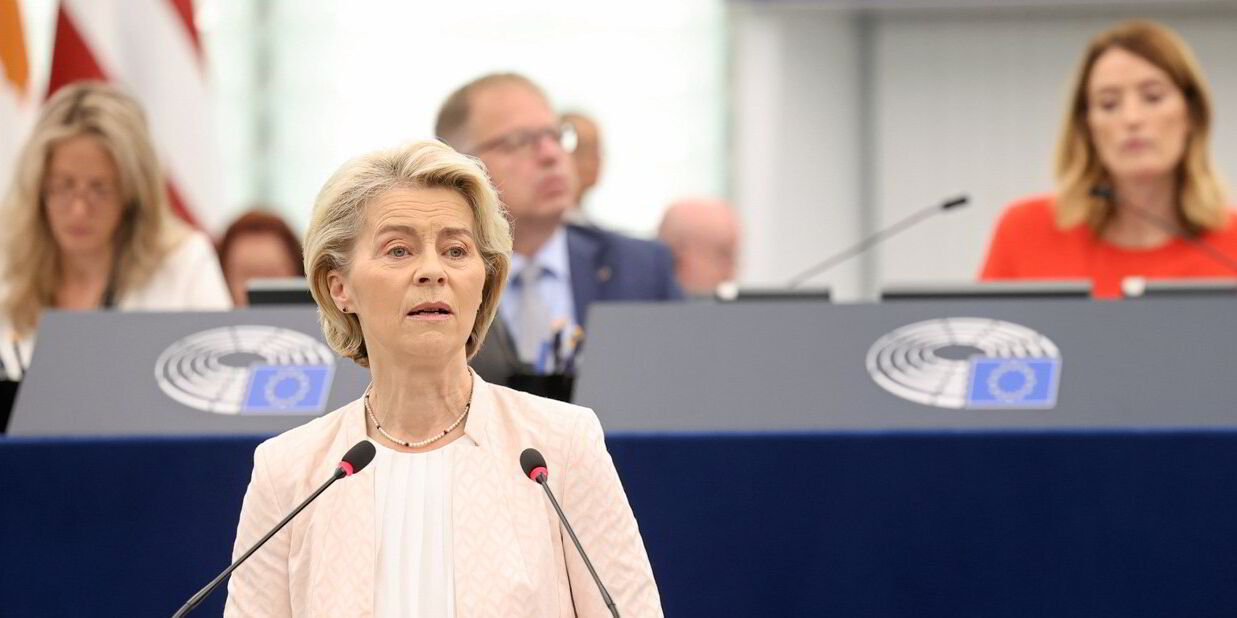The European Commission has decided to adopt additional tariffs on the Chinese electric vehicles flooding the continent and helping to drive up car carrier rates.
The move will tack an additional 35.3% tax on top of the standard 10% automotive tariffs — though the figure could be lower depending on the automaker — for up to five years following a months-long anti-subsidy investigation.
“The [European Union] and China continue to work hard to explore an alternative solution that would have to be fully [World Trade Organization]-compatible, adequate in addressing the injurious subsidisation established by the Commission’s investigation, monitorable and enforceable,” a statement from the commission said.
The growth of the Chinese electric vehicle industry has been a boon for the car carrier sector, pushing the market above 100% utilisation and keeping rates past $100,000 per day for nearly two years.
Manufacturers were reportedly loading their vehicles into containers on boxships or lashing those boxes onto the decks of bulkers for transport.
Initially, owners were sceptical about taking any action on tariffs as the commission looked at potential unfair subsidies, arguing that the idea was driven by labour in countries such as France, where electric cars are produced domestically, in contrast to German automakers that have a manufacturing presence in China.
But EU member states appeared in favour, with 12 voting in support of the tariffs in a secret vote in July.
Eleven abstained, signalling that the final vote, held on Friday, could ultimately shoot the proposal down.
The final vote was largely the same, according to the Financial Times, which cited people briefed on the matter as saying 10 voted in favour and five against, with 12 abstentions.
Reuters said France, Greece, Italy and Poland had all voiced support in the run-up to the vote.
According to Norwegian car carrier broker Hesnes Shipping, 60 vessels were needed pre-tariff to absorb Chinese automotive exports.
That, plus 140 others, meant the sector needed 200 ships in total to stay in balance versus a 193-ship orderbook.
Even with less demand for Chinese electric vehicles, some observers have argued that the market would be just fine.
ABG Sundal Collier analyst Petter Haugen said earlier in the year that the vessel market is undersupplied by 15% and entirely removing Europe-bound Chinese electric vehicles from global markets would lower demand by only 6%.
In the immediate aftermath of the vote, Wallenius Wilhelmsen’s Oslo-listed shares fell NOK 4.30 ($0.41) to NOK 123.60, while Hoegh Autoliners shares dropped NOK 2.50 to NOK 136.30.
The exact size of the tariffs will depend on the automaker.
The Chinese outfits that complied with the commission’s anti-subsidy investigation will pay less.
Others, such as SAIC Motor, will be hit with the full 35.3%.
Tesla, which has manufacturing plants in China, will have an additional 7.8% on the sticker price.





